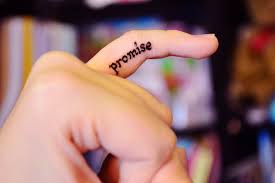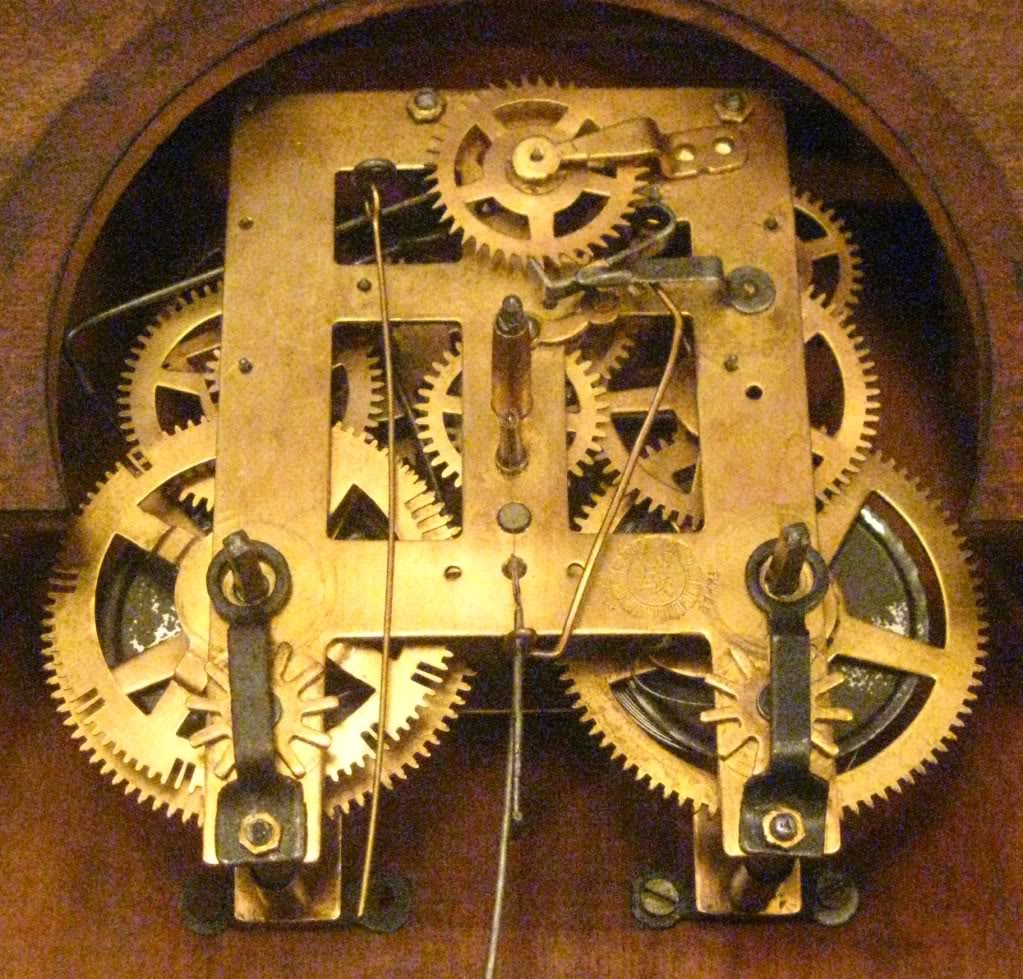“Please Take Care of This for Me”
Borrowed from Robert N. Test, American poet
“The day will come when my body will be determined by doctors to be without life. When that happens, do not attempt to instill artificial life into my body by the use of a machine. And don’t call it my deathbed. Call it my Bed of Life, and let my body be taken from it to help others lead fuller lives.
Give my sight to the man who has never seen a sunrise, a baby’s face, or the love in the eyes of a significant other.
Give my heart to the person whose own heart has caused nothing but endless days of pain.
Give my blood to a teenager who was pulled from the wreckage of a car, so he might live to see his grandchildren play.
Give my kidneys to one who depends on a machine to exist.
Take my bones, every nerve and muscle, to find a way to make a crippled child walk.
Explore every corner of my brain. Take my cells if necessary, and make them grow, so one day a speechless boy will shout at the crack of a bat and a deaf girl will hear the sound of rain against her window.
Burn what is left and scatter my ashes to the winds to help the flowers grow.
If you must bury something, let it be my faults, my weaknesses, and all prejudice against my fellow man.
Give my sins to the devil; give my soul to God.
If, by chance, you wish to remember me, do it with a kind deed or word to someone who needs it.
If you do all that I have asked, I will live forever.”
©2015 The Estate Lady®
Julie Hall, The Estate Lady®, is the foremost national expert on personal property in estates, including liquidating, advising, and appraising. http://www.TheEstateLady.com She is also the Director of American Society of Estate Liquidators®, the national educational and resource organization for estate liquidation. http://www.aselonline.com.
No part of The Estate Lady® blogs, whole or partial, may be used without Julie Hall’s written consent. Email her at Julie@TheEstateLady.com.






